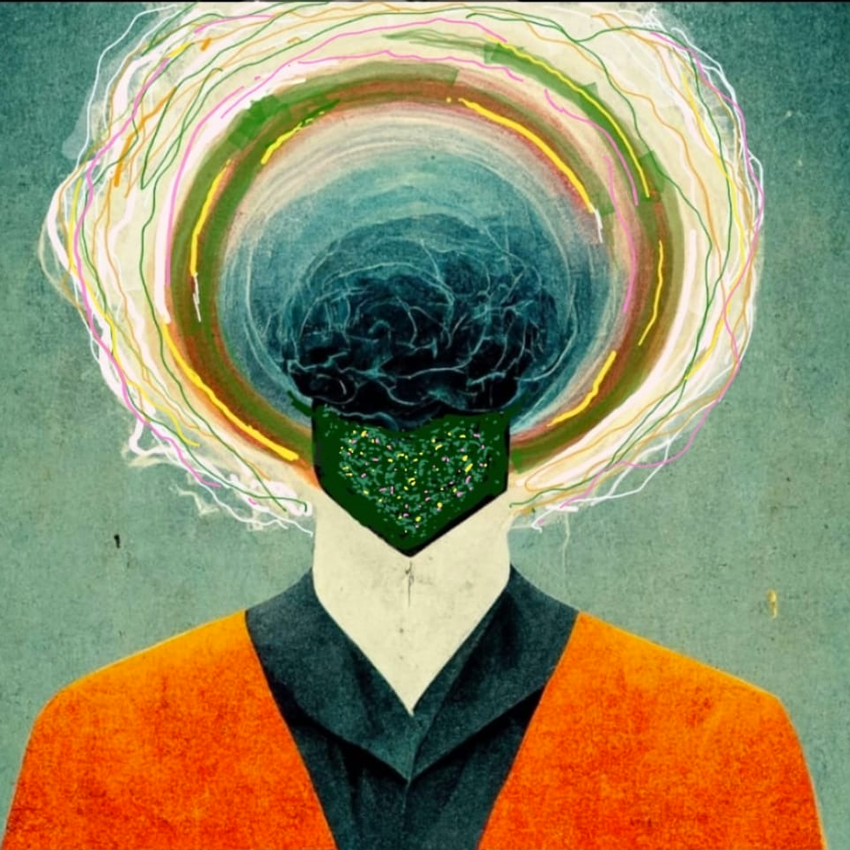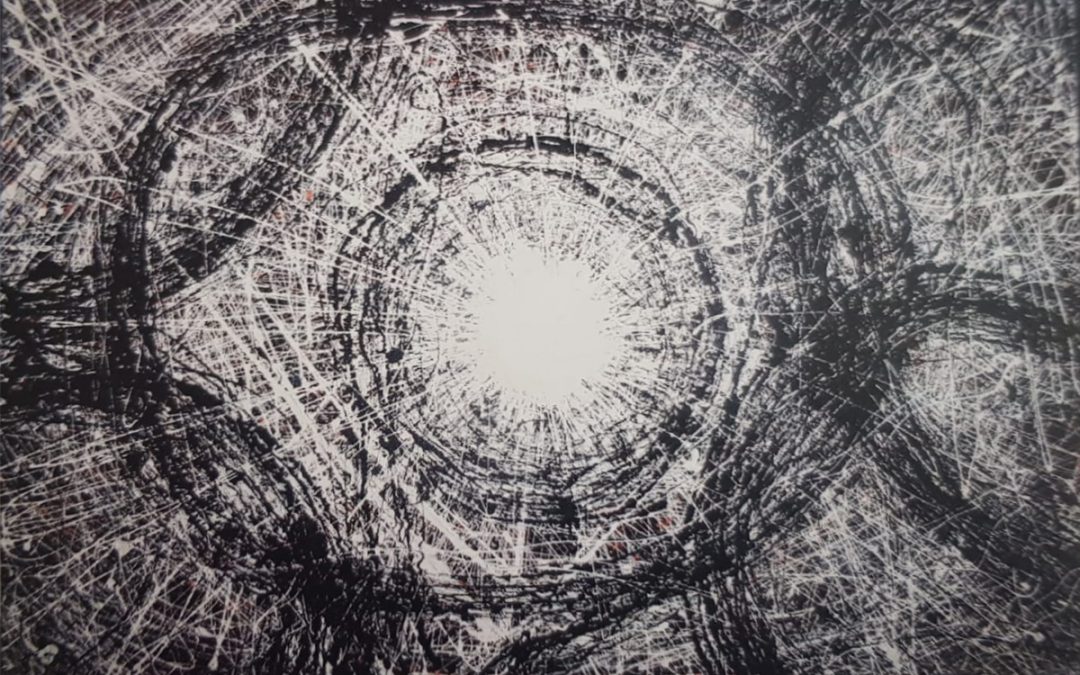Someone close to me recently stated that alcohol was not an addictive drug and belonged more in the same category as chocolate, i.e., something which could get out of hand but was different from nicotine, heroin, or cocaine.
I struggled to explain it at the time, so here are my thoughts after reflection.
Alcohol is an addictive drug because:
- A) it changes our body & brain chemistry.
- B) it can enslave the user.
One of the devices used to measure how addictive a drug can be, is how long it takes to reach the bloodstream.
- 1st place is a drug introduced by injection.
- 2nd place is a drug smoked and enters the bloodstream via the lungs.
- 3rd place goes to a snorted drug and enters through the thin cell wall at the back of the nostril.
- 4th place is a drug that one swallows and which finds entry via the small intestine.
The process of becoming enslaved to alcohol is complex
and multi-faceted.
This explanation is inadequate, and my best effort at keeping things concise.
Firstly, alcohol is both an anaesthetic and a depressant.
If one feels anxious, in pain, or stressed, alcohol will give immediate (but temporary) relief.
The subconscious mind registers this effect and makes a note of it.
Repeating this experience a few times reinforces the idea, and the brain learns something like “alcohol relieves stress and anxiety.”
The next time we feel stressed or anxious, our brain will prompt us to have a drink.
TV, film, and the example of many people around us further confirm this idea.
An early problem for our systems is that alcohol secretly creates anxiety.
It is a depressant that lowers our mood, and our brains release chemicals like cortisol (the stress hormone) to combat the effects.
The net outcome is to reduce our mental well-being.
The elapsed time between the imbibing and the arrival of anxiety causes the brain to miss a vital connection.
It isn’t long before our brain suggests alcohol as an antidote to the problem it partly created and which it will exacerbate with more of the same.
A compulsive behaviour loop is birthed.
Stress and anxiety trigger the brain to suggest drinking alcohol, and drinking alcohol creates stress and anxiety.
It’s so fucked up, but the worst is yet to come.
The triggers emanate from the subconscious and create a desire (craving) in the conscious brain.
The reason this is important doesn’t become evident until, for whatever reason, alcohol is not available (quitting, running out, or having no opportunity, etc.).
The craving occupies the conscious mind.
Craving can bloom into obsession and deny us our ability to operate normally.
Concentration is hard; fun is interrupted, and relaxation is impossible.
Cravings are the backbone of addiction.
When eventually, we take the long-awaited drink, our craving ceases, and the brain learns a new ‘fact’:
If alcohol is not available, then life is over.
The fear of being without now compounds the idea that alcohol serves to relax us.
The addiction is building momentum, but up to this point, it is not a physical addiction.
It is a placebo.
Placebos can be powerful.
Alcohol has now established a foothold in our life.
A cycle has begun, and the physical part of the addiction starts to build.
Regular imbibing of alcohol causes mayhem with our internals.
There is a lot of chemistry and mechanics in play.
The brain and body are physically changed.
A slow descent into a horrible place of reliance upon alcohol to function, even at the most basic level, follows.
I have read accounts and seen with my own eyes how someone deeply entrenched in this addiction needs to down a whole bottle of vodka at 7 am to stop their hands from shaking enough so that they can use them.
There is no joy left in drinking alcohol from here on.
Drinking alcohol appears to be the lesser of two evils.
It is Hobson’s choice.
It is about survival.
Ironic.
The ill effects, difficulties, and losses resulting from this relationship with alcohol are enormous and often cost a person everything up to and including their life.
Alcohol is indeed a hazardous and addictive drug.
As a society, we underestimate its threat tremendously.
We would do well to change a lot.
Was I an addict?
I do not need to know the answer to this question.
What is important to me is that whatever I was, I am no longer.
I am free and loving it.
Thank you God xx

